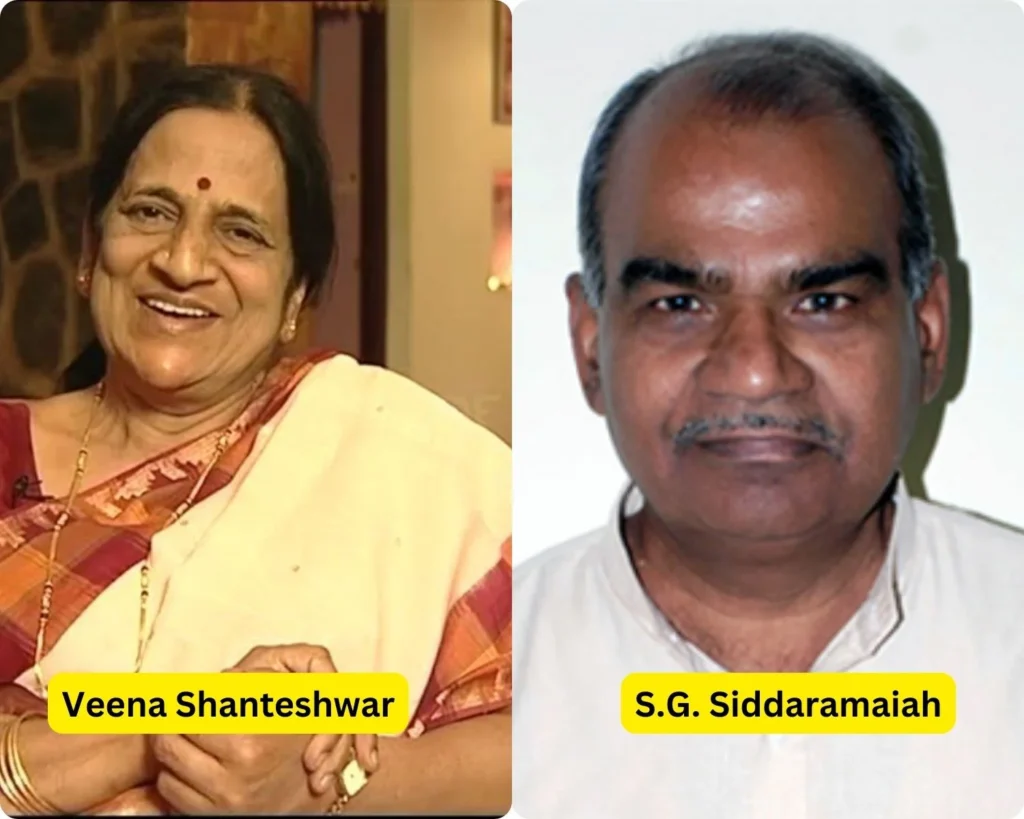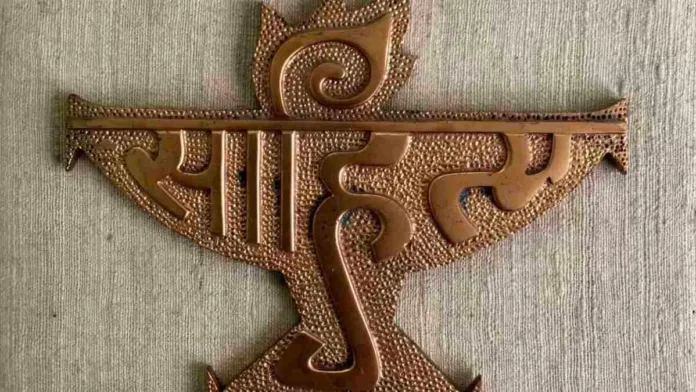Introduction
Indian literary awards are vital for fostering a sense of national unity and cultural exchange. Veteran Kannada writer Siddhlinga Pattanashetti recently emphasized the importance of identifying and awarding writers from different Indian languages. This initiative not only broadens literary appreciation but also introduces regional writers to a wider audience. By recognizing and celebrating talent across linguistic boundaries, literary organizations can create an environment where writers from all over India feel valued and acknowledged.
As literature serves as a bridge connecting different cultures and traditions, awards dedicated to multilingual writers help highlight the shared history and values of India’s diverse communities. By bringing underrepresented voices to the forefront, these initiatives ensure that literature continues to evolve in an inclusive and representative manner.
The Need for Multilingual Literary Recognition
India is a land of diverse languages, each with its rich literary tradition. Recognizing writers from different linguistic backgrounds helps in:
- Promoting cross-cultural understanding by creating a dialogue between literary traditions.
- Bridging literary gaps between languages to ensure that ideas and stories are not confined to regional audiences.
- Encouraging translations for wider accessibility so that literary masterpieces can be appreciated by all, regardless of language barriers.
- Strengthening national integration through shared stories that highlight the human experience across different linguistic groups.
- Providing emerging writers with greater visibility in a competitive literary space, ensuring fresh voices are heard and celebrated.
Awards That Foster Cultural Unity

At a recent event in Dharwad, the Ambikatanaya Datta Award was presented to notable Kannada writers, Veena Shanteshwar and S.G. Siddaramaiah. Pattanashetti highlighted similar initiatives where organizations like the Kuvempu Trust award non-Kannada writers, ensuring that prominent authors like Da Ra Bendre gain recognition beyond Karnataka. Such cross-linguistic literary awards create an environment where regional writers find new audiences and establish a broader impact beyond their immediate cultural and linguistic communities.
These awards are not just about individual recognition but about creating a movement where language no longer serves as a barrier to appreciation. By opening up literature to audiences from different linguistic backgrounds, the literary community fosters an environment of learning and cultural exchange.
How Literary Trusts Can Expand Their Reach
Prof. Pattanashetti suggested ways in which literary trusts can further promote multilingual literature:
- Resuming awards for writers in different languages to re-establish lost traditions of literary inclusivity.
- Publishing original works and translated versions to ensure that regional literature does not remain inaccessible to larger audiences.
- Digitizing and distributing archival materials to preserve historical literary works for future generations.
- Organizing multilingual literary festivals where authors from different linguistic backgrounds can collaborate and exchange ideas.
- Encouraging collaborative projects between writers of different languages to create bilingual or multilingual anthologies that represent a broader spectrum of voices.
The Role of the State and Literary Organizations
To keep legendary poets like Bendre relevant, Pattanashetti urged the government and literary institutions to:
- Publish complete works of literary legends to ensure their contributions are well-documented and accessible.
- Translate key works into multiple languages so that cultural and literary significance is not confined to a single linguistic audience.
- Release archival recordings and digital content to make historical literary material easily available to contemporary audiences.
- Provide financial and institutional support to translation projects, ensuring that literary works from various languages reach mainstream audiences.
- Create literary research grants that encourage scholars to study and promote literature from different regions of India.
Women in Indian Literary Recognition
Awardee Veena Shanteshwar expressed pride in being the first woman recipient of the Ambikatanaya Datta Award. She acknowledged Bendre’s significant contributions in advocating for Kannada literature’s depth and richness. Recognizing female literary figures is an essential step toward creating a more equitable literary landscape where diverse voices are heard and valued.
Women writers have historically played a crucial role in shaping Indian literature. By highlighting their achievements, literary organizations can inspire future generations of female writers to pursue storytelling without barriers. Encouraging gender diversity in literary awards ensures that unique perspectives are represented and celebrated.
Conclusion
Recognizing writers from different Indian languages strengthens cultural unity and enriches literary landscapes. By expanding multilingual literary awards, India can build a stronger literary fraternity, making regional works accessible to a broader audience. Supporting translation efforts, organizing multilingual literary events, and ensuring the visibility of underrepresented voices will help maintain the vitality of India’s diverse literary heritage.
As literature serves as a medium for social and cultural change, acknowledging multilingual talent fosters inclusivity and innovation. With continued support from literary organizations, state initiatives, and passionate readers, Indian literature can continue to thrive and inspire across linguistic boundaries.
Do you support multilingual literary recognition? Share your thoughts in the comments!


